Carolyn Levy, a professor now at Hamline University in St. Paul, created a play titled "Until Someone Wakes Up" with a group of students from Macalester College, where she formerly taught. The play is about the issue of date rape.
Carolyn decided to do a play on this issue because of the staggering statistics about rape on college campuses. Carolyn was greatly disturbed by the statistic from the the book, I Never Called It Rape that says, one in four college women will be the victim of rape, or already has been. This is what she had to say about it, "...I found I could not walk into any gathering of sutdents without mentally counting off the women ('one, two, three, four'), knowing that a fourth of them had probably experience this violence in their lives." (Buchwald, Fletcher, Roth 251)
Between 1991 and 1992 Carolyn and a group of her students at Macalester College spent much time researching the topic. They gathered together books, speakers, videotapes, interviews of rape survivors and their loved ones, and interviews of perpetrators from a near by treatment center. With all of these resources Carolyn and her students began to feverishly write, which in turn turned into a great many scenes that could be used for the play. After many rewrites and rehearsals the play was ready to be shown.
After the play was shown on the Macalester College Campus there were great reviews from students, faculty, and staff. The writers and actors were not prepared for the type of emotions that would capture the audience. One woman had said this about the play, "I wish I had seen this when I was a lot younger (then 56). I was raped when I was twenty-one and had to deal with it alone." (Buchwald, Fletcher, Roth 256)
Because the play was such a success the group who had created it started to travel with the play and show it all over the country.
Carolyn Levy is now a professor at Hamline University in the theater department. She also is a big help in the coordination of Hamline's orientation program each and every fall, which includes a section on date rape. Most of the time during the date rape section of the orientation the play, Until Someone Wakes up is performed. Following the play there is a discussion with the freshman students on what they had just seen.
Carolyn had shared some of her experiences with students after the
play was shown and she had said that there was one particular student who
really had stood out to her. This
student came up to Carolyn at the end of the play and told her that the play was
shown one day too late. The girl
had, the night before, been raped.
Maybe this is why things like this should be shown in high school,
before those dangerous college years.
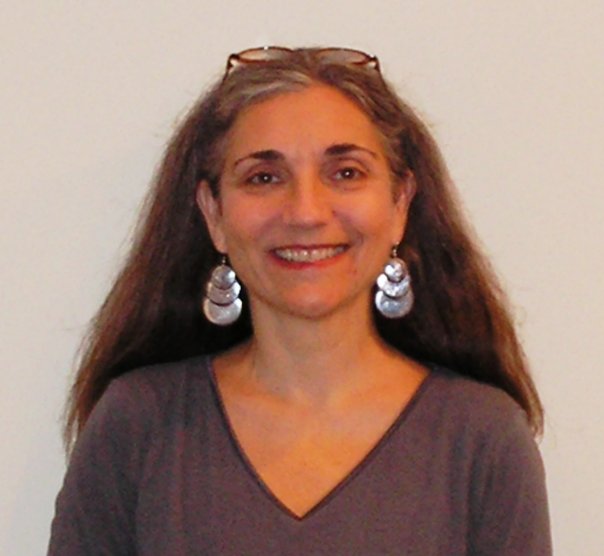 | 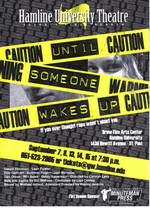 |
Hamline University
At Hamline University all student need to partake in a first year seminar class that introduces the students into the liberal arts with a focus on an "interdisciplinary topic." (Carolyn Levy) One of the classes that are offered as a first year seminar is called, "Living in a Rape Culture: What are We Going to do About It."
In this class, taught by Carolyn Levy, students learn what it means to be living in a "rape culture." According to the syllabus used by Carolyn for that class a "rape culture" is defined as, "A society that, knowingly or not, perpetuates models of masculinity, femininity, and sexuality that foster aggression, violence and fear." (Also from the book, Transforming a Rape Culture) Through the course students are challenged in thinking of ways to change this "rape culture" for the better.
A final project is also required of the students in this class. There are two options that the students can pick from. One being the option of completing a volunteer training program at the Sexual Offense Services at the Rape Crisis Center for Ramsey County. The training is 40 hours worth of learning about the issues of rape and learning how to talk and listen to victims of rape. After the training the students are then able to work as rape crisis volunteers. Students seem to really take to this program. Cassie Blaschko, a student in this class said that the training is very powerful and she feels she can really make a difference. She thought it would be very touching to the victim to sit with them through their post rape exams at a nearby hospital. Another student Mikaela Fisher said she chose this option because it allowed her to help others "face-to-face." She also stated that rape was such an awful thing, but she was glad she was doing something about it. One last student, Clayton Evens stated this about the training and the class as a whole, "It was an eye-opening experience, that all guys should have to do. Most of the incidences of rape are perpetrated by men, therefore if we teach them that it is dangerous and immoral there would be less incidences."
The last option the students could have done for their final project was to come up with a strategy for change of the "rape culture." These projects were presented to the rest of the University at their Fall Fair.
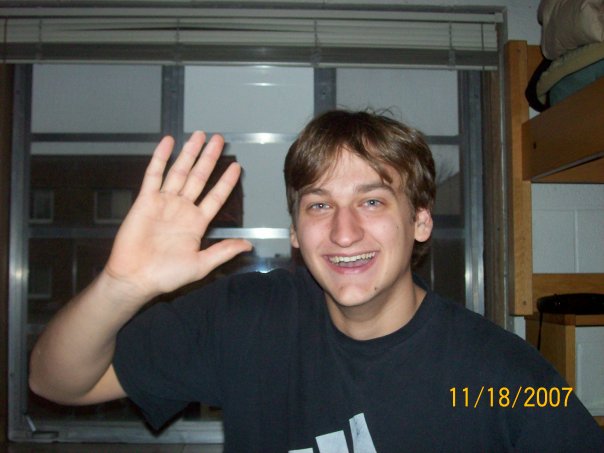 | 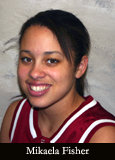 |
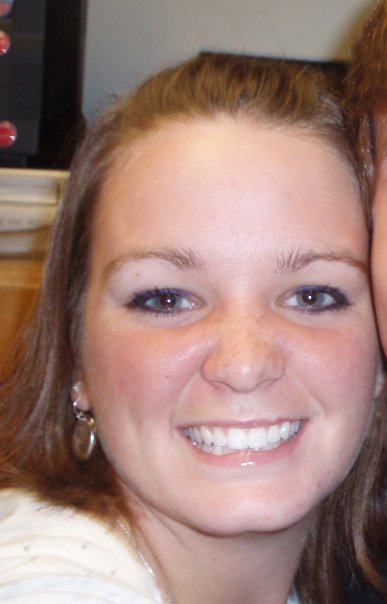
Mankato State:
-They have programs during Welcome Weekend for the freshman
- They have different speakers come during the year to talk about sexual assault
-They have a crisis center on campus that people can go to to get help
-IMPACT is a group on campus that brings students together and keep students from drinking and getting into bad situations
- The biggest thing they have is the Women's Center, which deals with sexual assault and can get students help if they have been sexually assaulted
- In the Women's Center, they have a Sexual Assault Violence Education Program, which MSU teachers and faculty go to to help them deal with sexual assualt and help someone if they need help. After the training, the workshop will certify the person as someone that people who have been sexually assaulted can go to to talk or get help. Here is the link to their website: www.mnsu.edu/wcenter. They also have a page on MySpace: http://www.myspace.com/msuhereforyou
 | Gustavus: -The biggest thing they have is the Can I Kiss You? program, which is a program that Mike Domitz does on sexual assault and dating and how to prevent sexual assault and rape from happening. Here is the website for that: http://www.canikissyou.com - They also have The Womyn's Awareness Center, which is a group on campus that deals with women's issues and they organize a lot of speakers and events that cover these issues, like sexual assault. - If you have been sexually assaulted, they recommend that you call Crime Victim Services, where a local Assault Advocate can help you deal with what happened. The number is 507-934-2222 or 1-800-630-1425. |